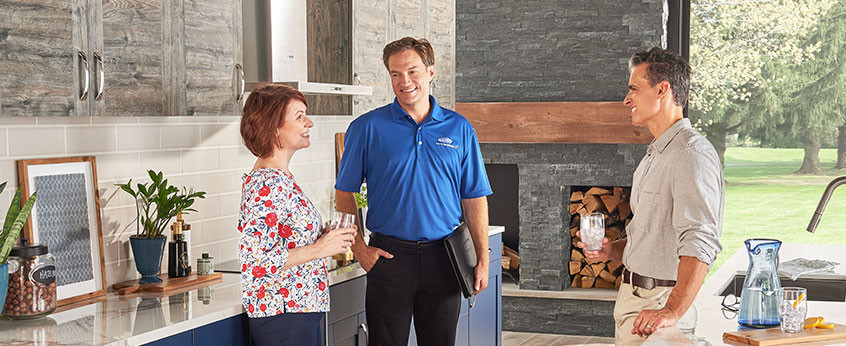Our Experts Answer Top Home Comfort and Air Quality FAQs
There are no set rules when it comes to home comfort—it’s whatever makes you feel comfortable at home. But there are a few things every homeowner should know to improve their comfort and maintain a healthy home for their family. Keep reading to learn the basics—like how often to replace your air filter—and more advanced insights, like what zoning is and how you can benefit from it in these top home comfort FAQs.




